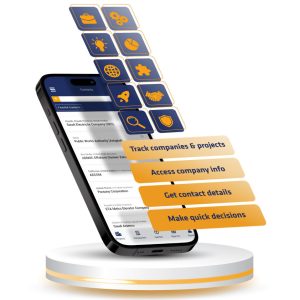Cognitive tests have become integral components of contemporary hiring processes, offering valuable insights into candidates’ mental abilities and problem-solving aptitudes. In today’s viable job market, where talent acquisition is a strategic imperative, understanding the core of cognitive test assessments is paramount.
Understanding cognitive tests
Cognitive tests are assessments designed to evaluate an individual’s cognitive abilities, including reasoning, memory, attention, and processing speed. These tests measure intellectual strength and provide indicators of an individual’s capacity to learn, solve complex problems, and adapt to new challenges. Cognitive assessments encompass various formats, such as verbal reasoning, numerical reasoning, abstract reasoning, and spatial reasoning tests, each targeting specific cognitive domains.
Significance in hiring decisions
The relevance of cognitive tests in hiring decisions stems from their ability to predict job performance and success across diverse roles and industries. By assessing candidates’ cognitive abilities, organizations gain insights into their strength to grasp job-related concepts, make sound decisions, and perform tasks effectively. Cognitive tests serve as objective yardsticks for evaluating candidates’ suitability for roles that require analytical thinking, problem-solving skills, and critical decision-making capabilities.
Validating job fit
Cognitive tests aid in validating job fit by aligning candidates’ cognitive profiles with job requirements. For roles demanding high levels of cognitive complexity, such as data analysis, engineering, or strategic planning, candidates with superior cognitive abilities are more likely to excel. By incorporating cognitive assessments into hiring processes, organizations ensure that candidates possess the cognitive horsepower necessary to thrive in demanding roles, thereby reducing turnover rates and enhancing overall organizational performance.
Mitigating biases
In an era marked by increasing emphasis on diversity and inclusion, cognitive tests serve as valuable tools for mitigating biases in hiring decisions. Unlike traditional methods reliant on subjective evaluations, cognitive assessments provide objective metrics for evaluating candidates’ capabilities, thereby reducing the influence of unconscious biases related to factors like gender, ethnicity, or socioeconomic background. This nurtures a fair and meritocratic selection process, enabling organizations to tap into diverse talent pools and cultivate inclusive work environments.
Enhancing predictive validity
Research indicates that cognitive tests exhibit high predictive validity in forecasting job performance, particularly for roles characterized by cognitive complexity. By correlating candidates’ cognitive test scores with subsequent job performance metrics, organizations can make more informed hiring decisions and identify individuals with the strength for long-term success. This improves workforce productivity, minimizes hiring risks, and optimizes talent acquisition strategies in alignment with organizational objectives.





